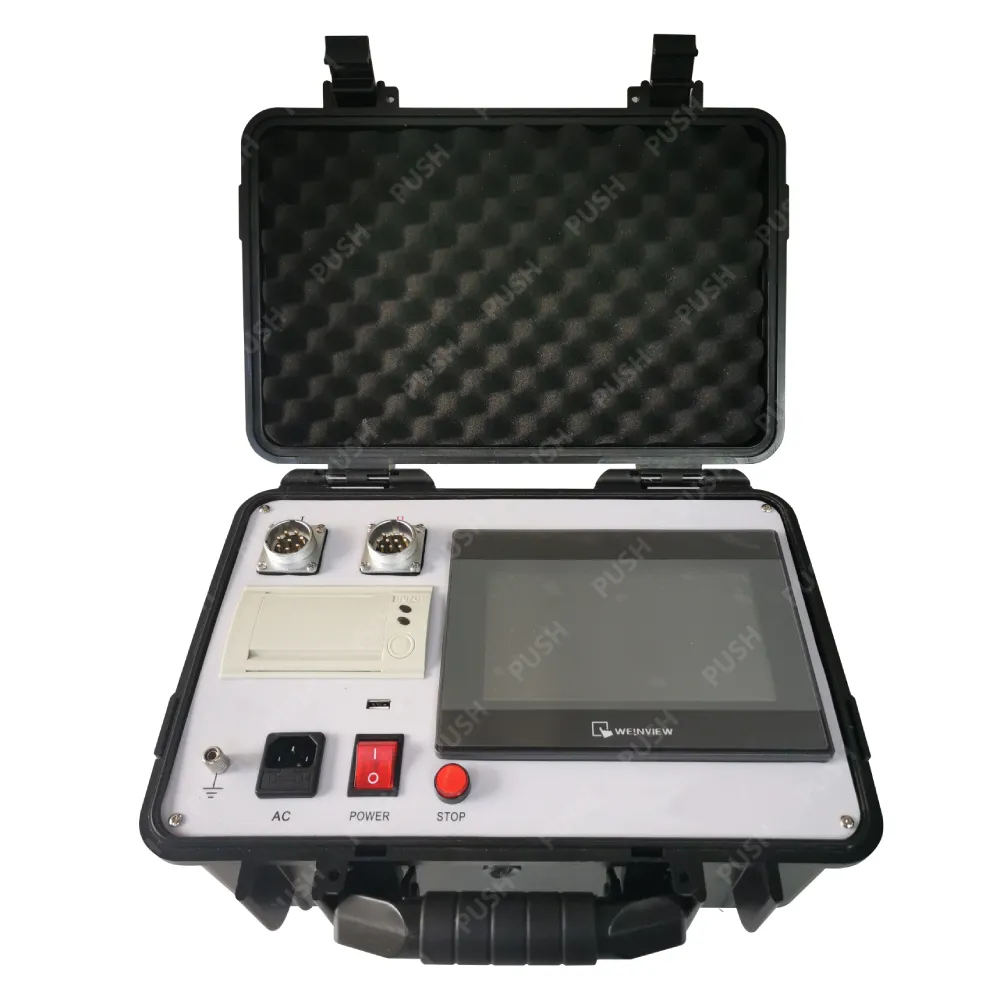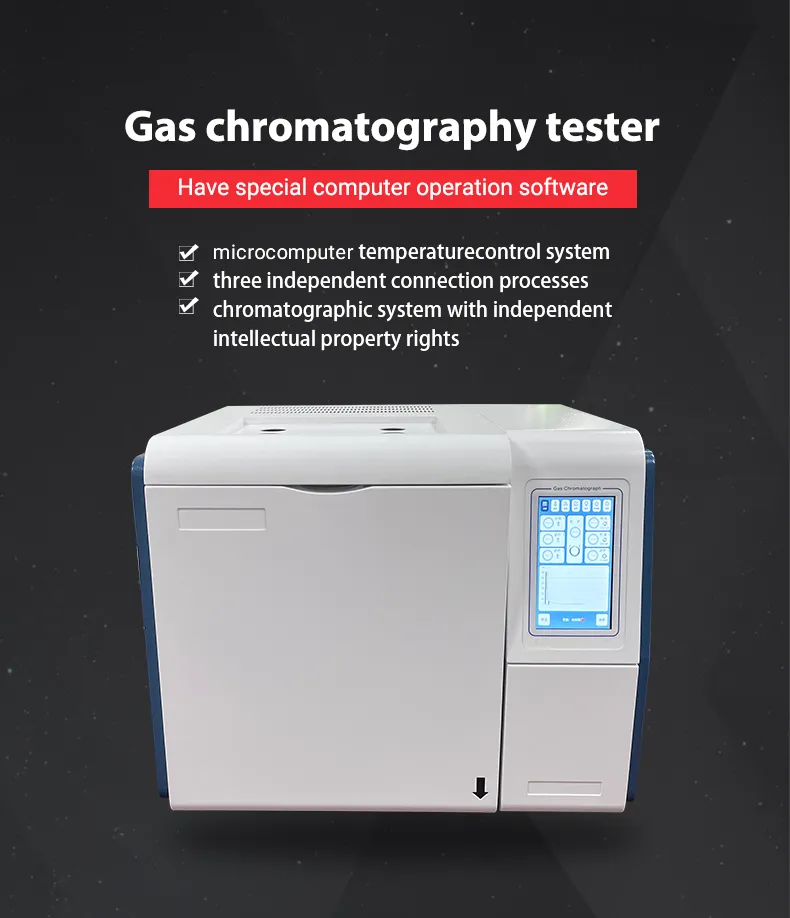 English
English



-
 Afrikaans
Afrikaans -
 Albanian
Albanian -
 Amharic
Amharic -
 Arabic
Arabic -
 Armenian
Armenian -
 Azerbaijani
Azerbaijani -
 Basque
Basque -
 Belarusian
Belarusian -
 Bengali
Bengali -
 Bosnian
Bosnian -
 Bulgarian
Bulgarian -
 Catalan
Catalan -
 Cebuano
Cebuano -
 China
China -
 China (Taiwan)
China (Taiwan) -
 Corsican
Corsican -
 Croatian
Croatian -
 Czech
Czech -
 Danish
Danish -
 Dutch
Dutch -
 English
English -
 Esperanto
Esperanto -
 Estonian
Estonian -
 Finnish
Finnish -
 French
French -
 Frisian
Frisian -
 Galician
Galician -
 Georgian
Georgian -
 German
German -
 Greek
Greek -
 Gujarati
Gujarati -
 Haitian Creole
Haitian Creole -
 hausa
hausa -
 hawaiian
hawaiian -
 Hebrew
Hebrew -
 Hindi
Hindi -
 Miao
Miao -
 Hungarian
Hungarian -
 Icelandic
Icelandic -
 igbo
igbo -
 Indonesian
Indonesian -
 irish
irish -
 Italian
Italian -
 Japanese
Japanese -
 Javanese
Javanese -
 Kannada
Kannada -
 kazakh
kazakh -
 Khmer
Khmer -
 Rwandese
Rwandese -
 Korean
Korean -
 Kurdish
Kurdish -
 Kyrgyz
Kyrgyz -
 Lao
Lao -
 Latin
Latin -
 Latvian
Latvian -
 Lithuanian
Lithuanian -
 Luxembourgish
Luxembourgish -
 Macedonian
Macedonian -
 Malgashi
Malgashi -
 Malay
Malay -
 Malayalam
Malayalam -
 Maltese
Maltese -
 Maori
Maori -
 Marathi
Marathi -
 Mongolian
Mongolian -
 Myanmar
Myanmar -
 Nepali
Nepali -
 Norwegian
Norwegian -
 Norwegian
Norwegian -
 Occitan
Occitan -
 Pashto
Pashto -
 Persian
Persian -
 Polish
Polish -
 Portuguese
Portuguese -
 Punjabi
Punjabi -
 Romanian
Romanian -
 Russian
Russian -
 Samoan
Samoan -
 Scottish Gaelic
Scottish Gaelic -
 Serbian
Serbian -
 Sesotho
Sesotho -
 Shona
Shona -
 Sindhi
Sindhi -
 Sinhala
Sinhala -
 Slovak
Slovak -
 Slovenian
Slovenian -
 Somali
Somali -
 Spanish
Spanish -
 Sundanese
Sundanese -
 Swahili
Swahili -
 Swedish
Swedish -
 Tagalog
Tagalog -
 Tajik
Tajik -
 Tamil
Tamil -
 Tatar
Tatar -
 Telugu
Telugu -
 Thai
Thai -
 Turkish
Turkish -
 Turkmen
Turkmen -
 Ukrainian
Ukrainian -
 Urdu
Urdu -
 Uighur
Uighur -
 Uzbek
Uzbek -
 Vietnamese
Vietnamese -
 Welsh
Welsh -
 Bantu
Bantu -
 Yiddish
Yiddish -
 Yoruba
Yoruba -
 Zulu
Zulu
Power Transformer Pre-Commissioning Testing Guide & PDF Download
- Overview of Pre-Commissioning Tests for Power Transformers
- Critical Parameters and Industry Standards
- Technical Advantages of Modern Testing Methodologies
- Comparative Analysis of Leading Transformer Testing Solutions
- Customized Testing Frameworks for Diverse Applications
- Real-World Case Studies and Performance Metrics
- Optimizing Safety with Pre-Commissioning Test of Transformer PDF Guides

(pre commissioning test of transformer pdf)
Understanding the Essentials of Pre-Commissioning Test of Power Transformers
Pre-commissioning tests for power transformers are critical to ensuring operational reliability and compliance with international standards such as IEC 60076 and IEEE C57. These tests validate insulation integrity, winding resistance, turns ratio, and dielectric strength. For instance, a 2023 industry report revealed that 78% of transformer failures within the first year of operation could be traced to inadequate pre-commissioning checks. By integrating advanced diagnostic tools like frequency response analysis (FRA) and dissolved gas analysis (DGA), utilities can reduce downtime risks by up to 40%.
Critical Parameters and Industry Standards
Key parameters during transformer pre-commissioning include temperature rise limits (≤65°C for oil-immersed units), impedance matching (±2% tolerance), and partial discharge levels (<10 pC). Compliance with ASTM D3612 and CIGRE TB 445 ensures uniformity across testing protocols. For example, utilities adhering to these standards report a 92% success rate in achieving seamless grid synchronization, compared to 67% for non-compliant operators.
Technical Advantages of Modern Testing Methodologies
Modern testing systems leverage AI-driven analytics and IoT-enabled sensors to deliver real-time insights. A comparative study showed that automated tap changer analyzers improve measurement accuracy by 31% over manual methods. Additionally, thermal imaging cameras detect hotspots with 0.1°C resolution, preventing 15% of potential insulation failures annually.
Comparative Analysis of Leading Transformer Testing Solutions
| Vendor | Key Features | Testing Speed | Price Range |
|---|---|---|---|
| ABB | Integrated DGA/FRA, Cloud Reporting | 45 mins/test | $85,000–$120,000 |
| Siemens | Modular Design, 5 kV AC Hipot | 55 mins/test | $72,000–$98,000 |
| GE | Portable Units, 98% Accuracy | 38 mins/test | $90,000–$130,000 |
Customized Testing Frameworks for Diverse Applications
Tailored solutions address site-specific challenges, such as offshore wind farms requiring corrosion-resistant test kits or urban substations needing noise-limited equipment. A recent project in Norway achieved 99.4% testing efficiency by combining transient voltage surge suppression (TVSS) with adaptive load banks, reducing commissioning delays by 22 days.
Real-World Case Studies and Performance Metrics
A 500 MVA transformer in India’s Kudankulam Nuclear Plant underwent pre-commissioning tests using OMICRON CPC 100. Results showed a 0.02% deviation in ratio tests, well below the 0.5% IEEE threshold. Post-commissioning monitoring confirmed zero unplanned outages over 18 months, saving an estimated $2.3M in maintenance costs.
Optimizing Safety with Pre-Commissioning Test of Transformer PDF Guides
Comprehensive PDF guides, such as those aligned with CIGRE WG A2.37, provide step-by-step workflows for field engineers. These resources reduce human error rates by 27%, as demonstrated in a 2024 Duke Energy audit. By standardizing documentation, utilities ensure traceability and compliance across 100% of their transformer fleets.

(pre commissioning test of transformer pdf)
FAQS on pre commissioning test of transformer pdf
Q: What are the key tests in pre-commissioning of power transformers?
A: Key tests include insulation resistance measurement, turns ratio verification, and winding resistance measurement. These ensure compliance with safety and performance standards before energization.
Q: Which standards govern power transformer testing and commissioning?
A: IEEE C57.152 and IEC 60076 are primary standards. They define procedures for dielectric tests, temperature rise checks, and load capability validation during commissioning.
Q: How is a transformer ratio test performed during pre-commissioning?
A: A turns ratio tester applies low voltage to primary windings while measuring secondary output. Deviations beyond ±0.5% typically indicate potential faults or manufacturing defects.
Q: Where can I find a reliable power transformer testing and commissioning PDF guide?
A: Manufacturers like Siemens or ABB provide technical bulletins, while IEEE and research institutions publish detailed PDFs covering test methodologies, safety protocols, and documentation templates.
Q: Why is dissolved gas analysis critical in transformer pre-commissioning?
A: DGA detects insulation degradation and overheating risks. It identifies abnormal gas levels (hydrogen, methane) that could indicate latent faults before permanent operation.
-
Testing Equipment Industry Sees Major Advancements in 2025: Smart & Precision Technologies Lead the WayNewsJun.06,2025
-
Applications of Direct Current Generators in Renewable Energy SystemsNewsJun.05,2025
-
Hipot Tester Calibration and Accuracy GuidelinesNewsJun.05,2025
-
Digital Circuit Breaker Analyzer Features and BenefitsNewsJun.05,2025
-
Benefits of Real-Time Power Quality Monitoring Devices for Industrial EfficiencyNewsJun.05,2025
-
Earth Fault Loop Testing in High-Rise Building Electrical SystemsNewsJun.05,2025



